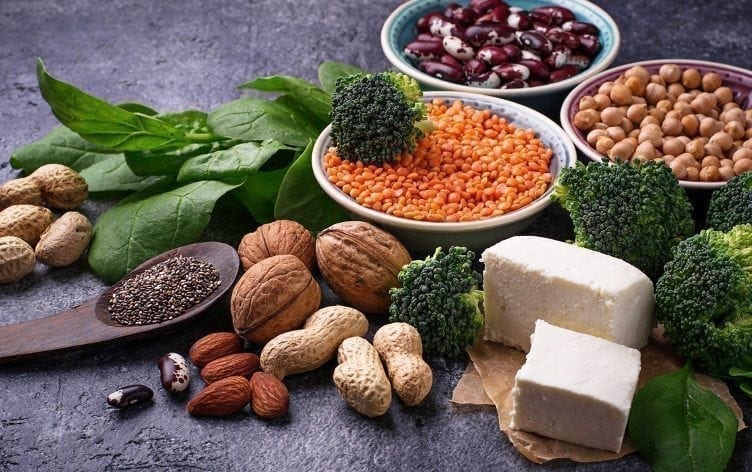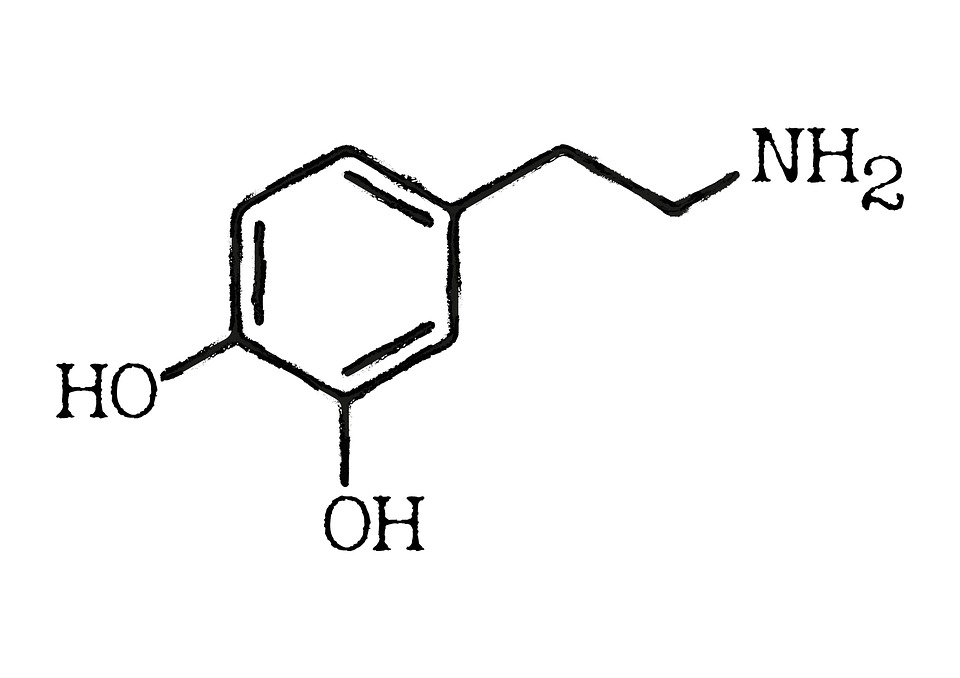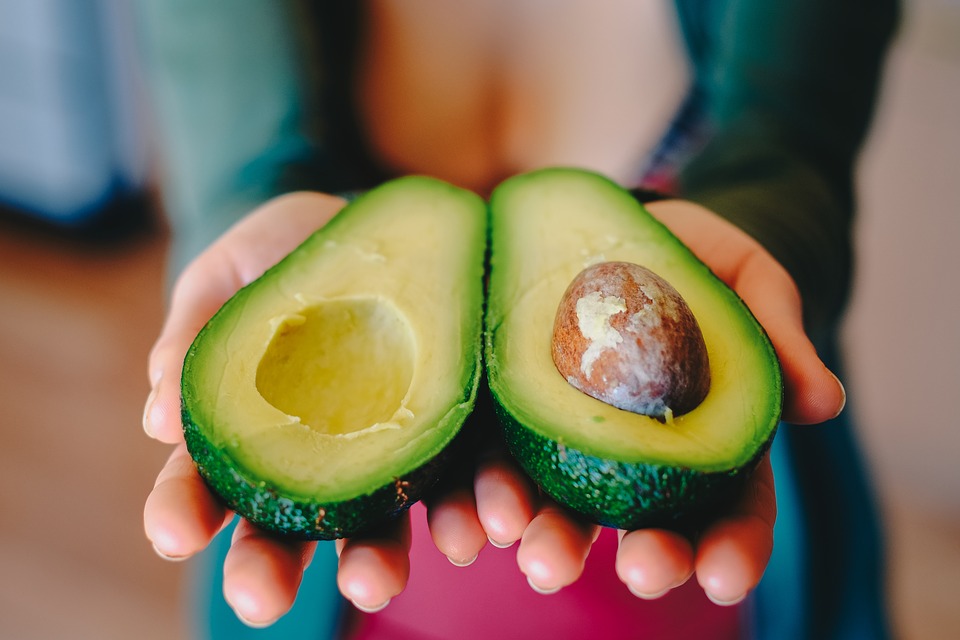5 Diet and Nutrition Trends That Will Shape 2019
The year is still new and the time is right to start on a journey of leading a healthier and fitter lifestyle in 2019. Alongside exercise and a general awareness towards the latest updates in the world of health, diet is, by far, the most important aspect of health because nothing is more important than what we choose to put into our bodies. On that note, let us now take a quick look at five diet and nutrition trends that will shape 2019.
Probiotics
Simply put, probiotics are strains of bacteria and certain kinds of yeast that are beneficial to the human digestive system. Probiotics boost digestion in everybody, but probiotic supplements and foods can help cure symptoms of IBS, IBD, infectious diarrhea and antibiotic induced diarrhea as well. The most popular forms of probiotic organisms are Bifidobacterium, lactobacillus and Saccharomyces boulardii (yeast). Aside from specialized supplements, natural sources of probiotics include yogurt, kombucha, pickles, uncultured buttermilk, sauerkraut and mozzarella cheese to name a few.
Plant Protein

While animal protein has remained the staple for protein sources since pretty much the dawn of man, health awareness and ethical dilemmas are leading newer generations to seek out plant protein. In addition to being cruelty-free, there are a number of health benefits to making a shift to plant protein as well and some of them are summarized below.
- Sources of plant protein are not rich in LDL cholesterol, unlike meat
- An ideal alternate source of protein for those that are lactose intolerant
- Rich in fiber and easier to digest for everybody
- Helps with weight loss goals as it takes a long time to be properly digested
- Plant protein can help to balance natural pH levels in the human body
- In addition to supplying protein, plants are also a better source of other essential nutrients such as vitamins and minerals
Boosting Dopamine Availability

Almost everybody knows by now that dopamine is a neurotransmitter that is essential for human beings and most animals to experience feelings of pleasure, mood improvement and overall happiness. A lot of diseases, both physical and psychological are borne out of dopamine deficiencies, with depression being the most common and well known example. As more people in 2019 are now aware of the role that dopamine plays in our wellbeing, a trend is already being seen towards eating a diet rich in dopamine-boosting foods and even supplements that are geared towards balancing out dopamine deficiencies in individuals. This post from VitaMonk provides a detailed introduction to the role of dopamine, alongside everything that we all can do to boost the neurotransmitter’s availability in the body naturally.
Ketogenic Diet

The ketogenic diet, or what is more popularly known as the keto diet, is based on the principle of turning fat into the primary source of energy, instead of carbs. More specifically, the ketogenic diet induces ketosis, which is a state where the body begins to break down fat to burn ketones, instead of breaking down carbohydrates and burning glucose like it usually does. While there are various versions of the diet, the general keto diet consists mostly of fatty foods such as olive oil, avocado oil, nuts, nut butter, chia seeds, flaxseed, butter, fish fat, etc. There’s also room for protein in moderate quantities to meet the body’s daily needs of it and a very low amount of carb allowance.
Intermittent Fasting
Intermittent fasting is actually not a new concept at all, but over the course of the last two years, it has definitely become a trend, one that is only going to blow up even more this year. While the term fasting may sound suspiciously similar to starving, intermittent fasting isn’t quite the same as that. It involves fasting for a portion of the twenty-four hours in a day and then continuing with your meals as always for the rest of the day. There are other versions of it as well and some of the popular ones are listed as below.
- 16 hours of fasting a day
- Fasting on alternate days
- Fasting during the day and eating during the night
- Fasting for 2 days every week
It isn’t necessary to jump on every diet and nutrition trend that comes along, but it is wise to stay aware of them nonetheless. Besides, unless you have a physical condition that prohibits it, there is no harm in trying something out that you have not tried yet to see whether that can produce better results for your own health and fitness goals.



